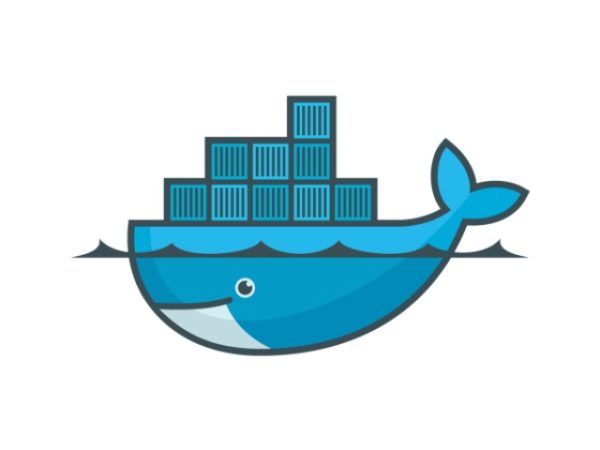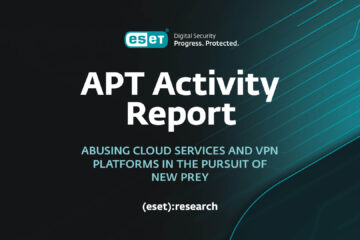Hey there, folks! Have you heard about the recent security vulnerability in Docker Engine that has everyone talking? If not, let me fill you in. A patch was recently released to address a serious security flaw that could potentially allow authorization plugins to bypass certain restrictions. While the exploitability of this vulnerability is relatively low, it’s still crucial for users to update their systems to stay safe.
Understanding the Docker Engine Vulnerability
In a recent advisory, it was revealed that a critical AuthZ bypass and privilege escalation vulnerability posed a threat to Docker Engine’s security.
The vulnerability stemmed from how an authorization plugin could mistakenly approve a request that should have been denied, allowing an attacker to gain elevated privileges by sending a specially crafted API request.
By setting the Content-Length of an API request to 0, an attacker could exploit a bypass, tricking the Docker daemon into forwarding the request without the necessary body to the AuthZ plugin, which could lead to incorrect approval.
Although Docker first detected this vulnerability back in April 2024, it was actually a known issue dating back to 2018. Despite a fix being implemented in Docker Engine v18.09.1 in January 2019, subsequent versions remained vulnerable. However, it’s worth noting that Docker EE v19.03.x and all versions of Mirantis Container Runtime are not affected.
Given the critical severity of this vulnerability (CVE-2024-41110) with a perfect CVSS score of 10.0, Docker swiftly released a patch with docker-ce v27.1.1 and included it in various release branches to address the issue.
To ensure your system’s security, it’s essential to update to the latest fixed releases. If an immediate patch isn’t feasible, Docker recommends temporary measures such as avoiding AuthZ plugins and restricting Docker API access to trusted entities. These precautions can help mitigate the risk until you can install the patched Docker Engine versions.
We’d love to hear your thoughts on this security concern. Feel free to share your comments below!



